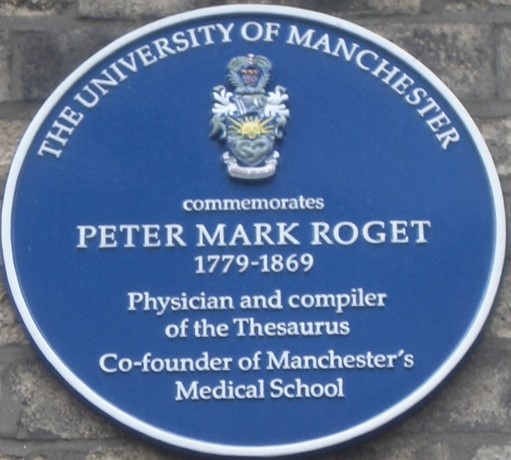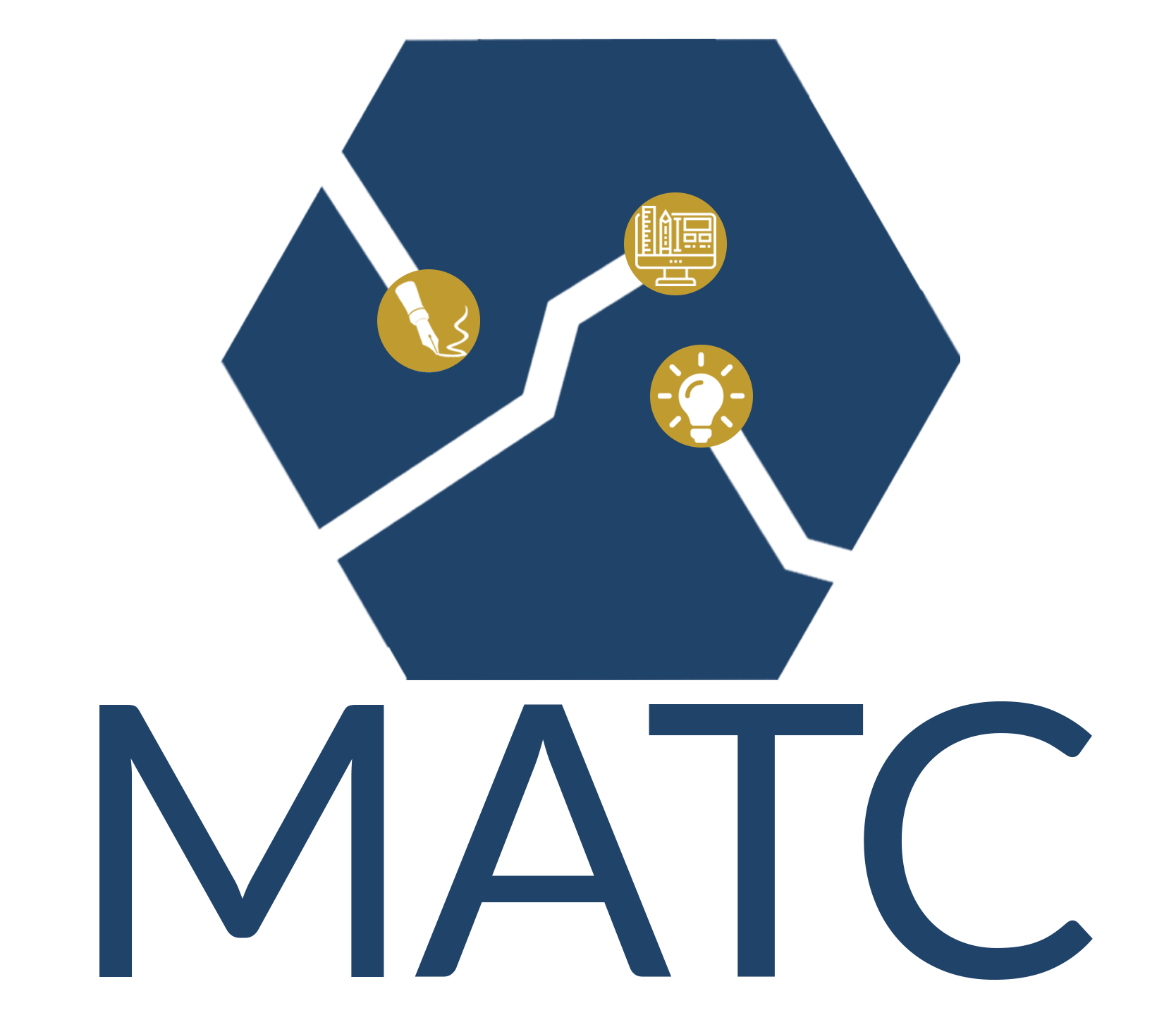It’s time to get out our party hats, lids, toppers, chapeaux, and headpieces to recognize the birth of Peter Mark Roget, who gave us the first modern thesaurus. Born on January 18, 1779, Roget was an English physician and philologist who co-founded Manchester’s medical school. He started compiling his word listing in 1805, though he didn’t publish it until 1852 after he retired from medicine and his work as Secretary to the Royal Society in 1840. Published as Thesaurus of English Words and Phrases Classified so as to Facilitate the Expression of Ideas and to Assist in Literary Composition, it included 15,000 words.1 Read on to learn more about the origin of the modern thesaurus.
The word thesaurus comes from the Latin word ‘thesaurus,’ which is derived from the Greek “thesaurus”. The literal meaning of this Greek origin word is “a treasure,” “treasury,” “storehouse,” or “chest.” In other words, a thesaurus is a book, or “treasure chest” of synonyms.2
Unlike a dictionary, Roget’s Thesaurus organized words into categories instead of listing them alphabetically. Finally, the user could easily find synonyms to avoid overusing words and to determine the exact word they needed. Roget also placed words in context so the reader could distinguish between homonyms such as “bat,” the winged, nocturnal animal and “bat,” used to hit a baseball or softball.
Roget’s first edition divided words into six categories
- Abstraction Relations (including some of Aristotle’s Categories)
- Space
- Matter
- Intellect
- Volition
- Affections

Photo credit: https://www.flickr.com/photos/dullhunk/
Though it had a small beginning (the first edition consisted of only 1,000 copies), Roget’s Thesaurus has never been out of print, though it has often been updated and increased in size. A best-seller since its original publication, it is one of the most widely used reference books in the world. The most recent edition (2019) has 1075 word categories.3
Roget’s original thesaurus evolved into specialized resources
After its first publication in 1852, the modern thesaurus evolved from an intellectual professional text to a resource that anyone can easily use. Other popular thesauri include the Pocket Oxford American Dictionary & Thesaurus, Longman Thesaurus of American English, and the online-only Thesaurus.com. You can even find specialized thesauri, such as Getty Institute’s Art and Architecture Thesaurus and the American Psychological Association’s Thesaurus of Psychological Index Terms.
The largest thesaurus is Historical Thesaurus of the Oxford English Dictionary, a two-volume collection of 800,000 words divided into about 236,000 categories. This massive list of synonyms also traces the history of words and their relationship to each other. As author Henry Hitchings wrote in The Telegraph, “While it may not be a great help to a student trying to buff up an essay, if you are writing a novel set in the Victorian demi-monde you can find out exactly which words would have been current and which it would be anachronistic to include.”4
Thanks to Roget and those who followed in his footsteps, high school paper writers and professional authors alike can access a seemingly endless number of synonyms to help us more accurately express ourselves.
Do you need an experienced technical writer for your next big project? Contact us about how we can help you create engaging and professional documents and more!
Related Blogs
Punctuating Abbreviations: The Basics
Checklist for Self-Editors: Beyond the Basics
Writing Creatively in the Workplace
Resources
1Jeremy Norman’s HistoryofInformation.com. https://www.historyofinformation.com/detail.php?id=1551. Accessed 1/10/23.
2“The Interesting/Intriguing/Riveting History of the Thesaurus.” Insights. https://languagetool.org/insights/post/thesaurus-and-synonyms/#:~:text=Thesaurus%E2%80%94Its%20History%20and%20Etymology,%E2%80%9Ctreasure%20chest%E2%80%9D%20of%20synonyms. Accessed 1/10/23.
3Leandra Beabout. “How the First Thesaurus Got Started.” Reader’s Digest. https://www.rd.com/article/how-the-first-thesaurus-got-started. 11/8/22. Accessed 1/10/23.
4Henry Hitchings. “Historical Thesaurus is a masterpiece worth waiting 40 years for.” The Telegraph. https://www.telegraph.co.uk/comment/personal-view/6413166/Historical-Thesaurus-is-a-masterpiece-worth-waiting-40-years-for.html. 10/23/09. Accessed 1/10/23




